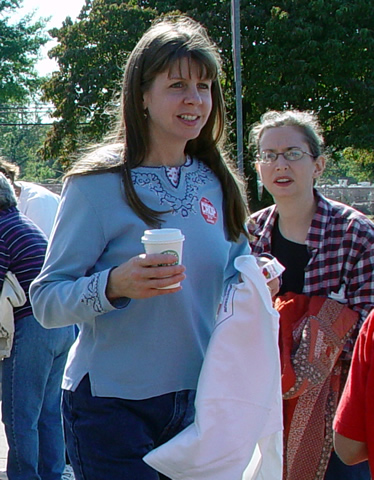
Each of God’s children brings a unique gift to the body of Christ. It is special and uniquely reflects the beauty and mystery of the individual. It contributes something vital and wonderful. It may be hard for us to identify what our special gift is, but perhaps that’s because it is wrong to think of our gift as a special talent or ability. In truth, our gift is us.
What we offer has more to do with our lives in totality: who we are as a person, our likes and dislikes, our idiosyncrasies, our experience, our creativity, our way of seeing the world, and our special approach to things. This is why it might be hard to see what our gift is, because it’s not something apart from us. It’s not something we possess that we give to others. We are our gift.
It is hard for us to see “us.” Others can see “us,” but we can’t see “us” very well. The gift of us is ethereal, intangible, subtle, and spiritual. It is the life-effect of our lives. It’s the bright spot we bring on the human scene. And often, it is only truly understood when we’re gone.
It’s been a year now since Karen’s death. As I reflect on her absence, the gift of her becomes more real to me. She filled a place that enriched me. Her life-effect stimulated and beautified me. The way she was, her presence, her laugh, her kindness, her way, her take on things, her smile – they changed me.
I can still feel her effect. I’m conscious that I’m a different person for knowing her. I’m richer, I’m happier, I am more whole. She has been mingled into my personality and I’ve become an amalgamated soul, so much closer to God and so much closer to man.
Jesus said, “Truly, truly, I say to you, if anyone keeps My word he will never see death.” The life that God brings cannot be extinguished. It is indestructible. It is eternal. Because of God, we live forever, and because of the love and fellowship of the Church we never pass away. Orthodox theologian John Zizioulas puts it this way:
“When the eucharistic community keeps alive the memory of our loved ones – living as well as dead – it does not just preserve a psychological recollection; it proceeds to an act of ontology, to the assurance that the person has the final word over nature, in the same way that God the Creator as person and not as nature had the very first word.”
We find our being in communion. That’s why community is essential. Individualism robs us of our personhood. We are more important to each other than we tend to think. And that doesn’t end at death.